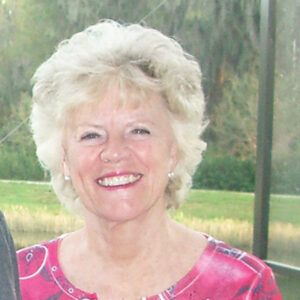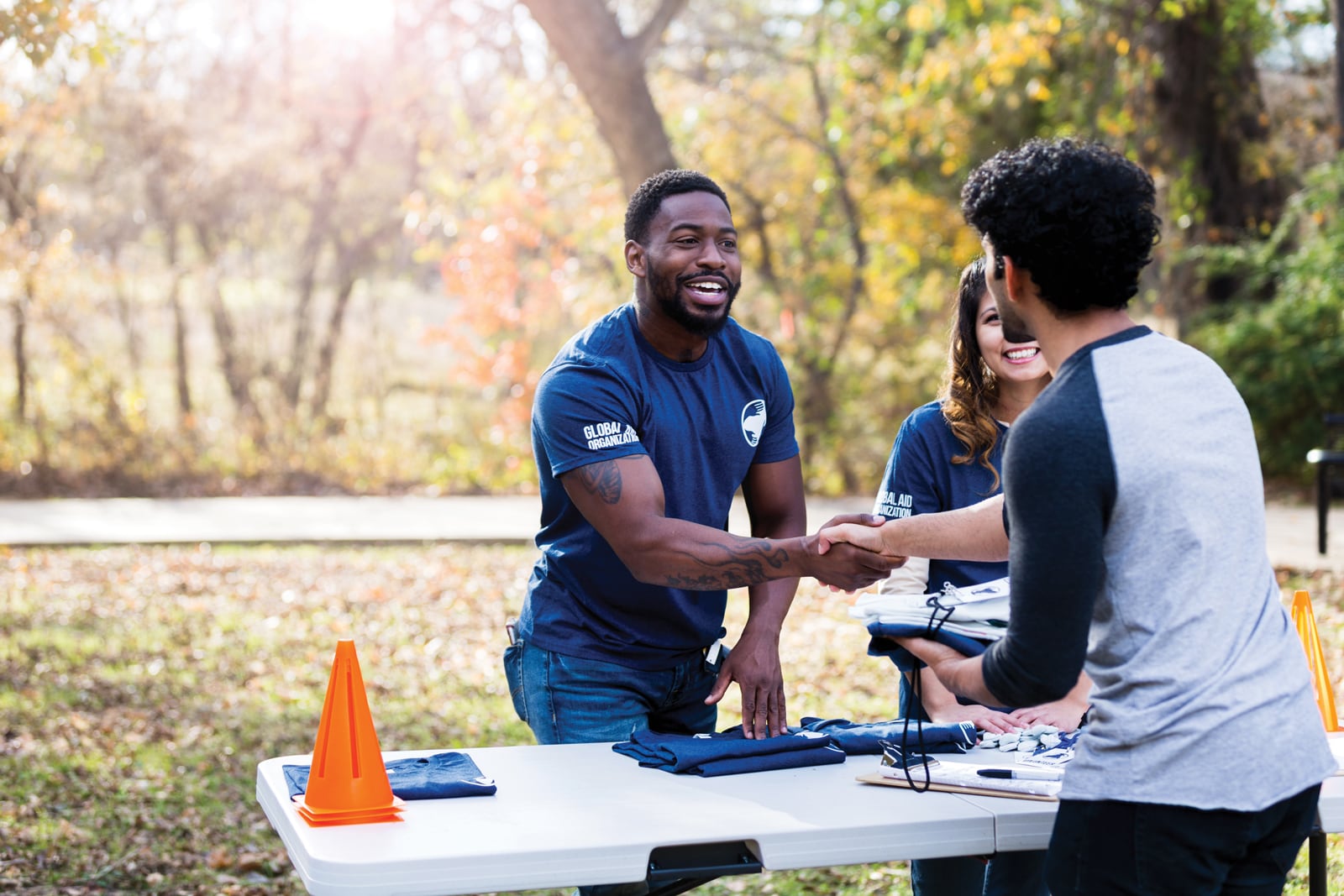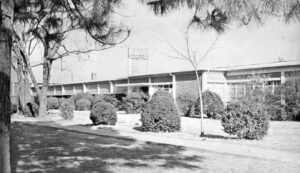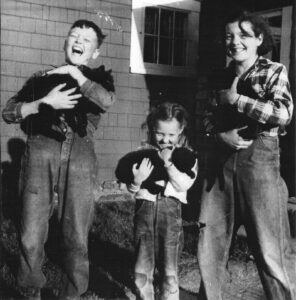“I alone cannot change the world, but I can cast a stone across water to create many ripples.”
MOTHER TERESA
As we enter yet another month of the COVID-19 epidemic, I look around in wonder at the generosity I see in our community. Not only on the front lines in the ER, hospitals, police force, etc. but the dedicated service workers who continue to show up to keep a job, knowing they may be risking their own health as well as that of their families.
What intrigues me the most is the generosity of those who daily continue to carry on the work of their churches and organizations manning the food banks and medical clinics to assist numerous others. Why do they do it? There is no paycheck, and only faint praise, to keep them going.
Some sociologists say the original notion to provide aid to others began among nobility who, because of their personal wealth, felt they should give to the less fortunate. Some people may donate to offset their own mega holiday excess. But what about volunteers who just keep their noses to the grindstone to help others, especially in time of crisis? What motivates them?
Rob Cunningham, President of St. Vincent de Paul food pantry in Aiken, South Carolina, says he doesn’t hear many of his volunteers express why they have continued to man the five-day-a-week food bank even during the pandemic. “They are all just givers. They are genuinely good people and what they do is so needed. My parents were involved and that’s why I’m involved. I enjoy being around giving people.” Some volunteers say that they feel good about helping others. Some look upon it as an extension of their faith or an act of gratitude that they have something to offer.
Jamie Mothkovich, Executive Director of the Community Medical Clinic of Aiken County, says that many of their volunteers, including health care providers, have continued to serve during COVID-19. “Our volunteers have been very loyal. Most of them tell me they got into the medical field so they could help people, especially in time of need. Several have served in other outbreaks throughout their careers and they are happy to help out now. They have good hearts and love the work.”
Ripple Effect
Sharing our personal wealth, be it time or money, helps develop an attitude of generosity, a sharing of ourselves. This act of sharing, especially in a time such as COVID-19, is often simply a matter of showing up in the world, setting an example for family and neighbors. Sharing our physical presence is one of the best gifts we can offer. This kind of open-handed generosity is a simple but important gesture and example. Others may also step up and do their part.
Being generous with our time and resources in selfless commitment to others, as at a medical clinic, pet shelter, or food pantry, is something we can do at any stage in life. Many volunteers are retirees, still looking to give back to their communities. Being proactive and personally involved with others, and forgetting about social or racial boundaries, are more important that we would think. Generosity is a seed that either germinates or dries up.
This current global pandemic has opened many eyes to the worldwide community of man. We are realizing that our own well-being may hinge on the cooperation of others. There is more reason now than ever to be an example for others. During this time of challenging circumstances, there are many worthy groups to support — those for social justice, disaster relief, environmental causes, and others. And there are just as many opportunities in our own neighborhoods. Just look around! Your generosity may have an unimaginable impact on someone else.
How to be a Proactive Neighbor
- Reach out to someone with a phone call.
- Drop a few flowers or a homemade treat on someone’s doorstep.
- Check up on anyone with a history of depression or loneliness.
- Donate to a nonprofit.
- Offer to walk a pet for someonewho can’t get out.
- Help out vulnerable neighbors.
- Shop and buy locally if possible.
- Be a blood donor.

























